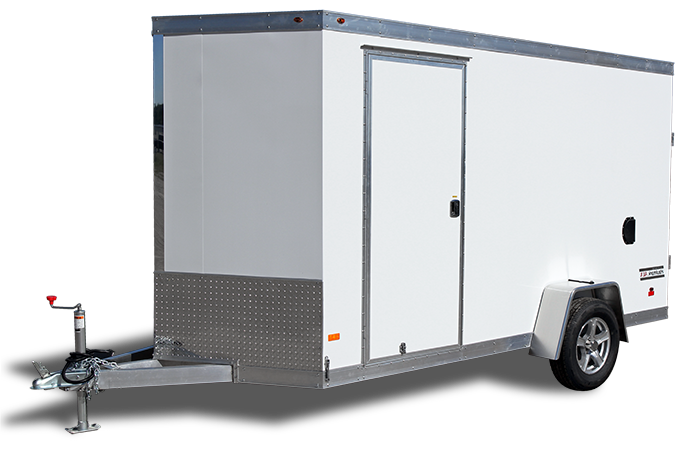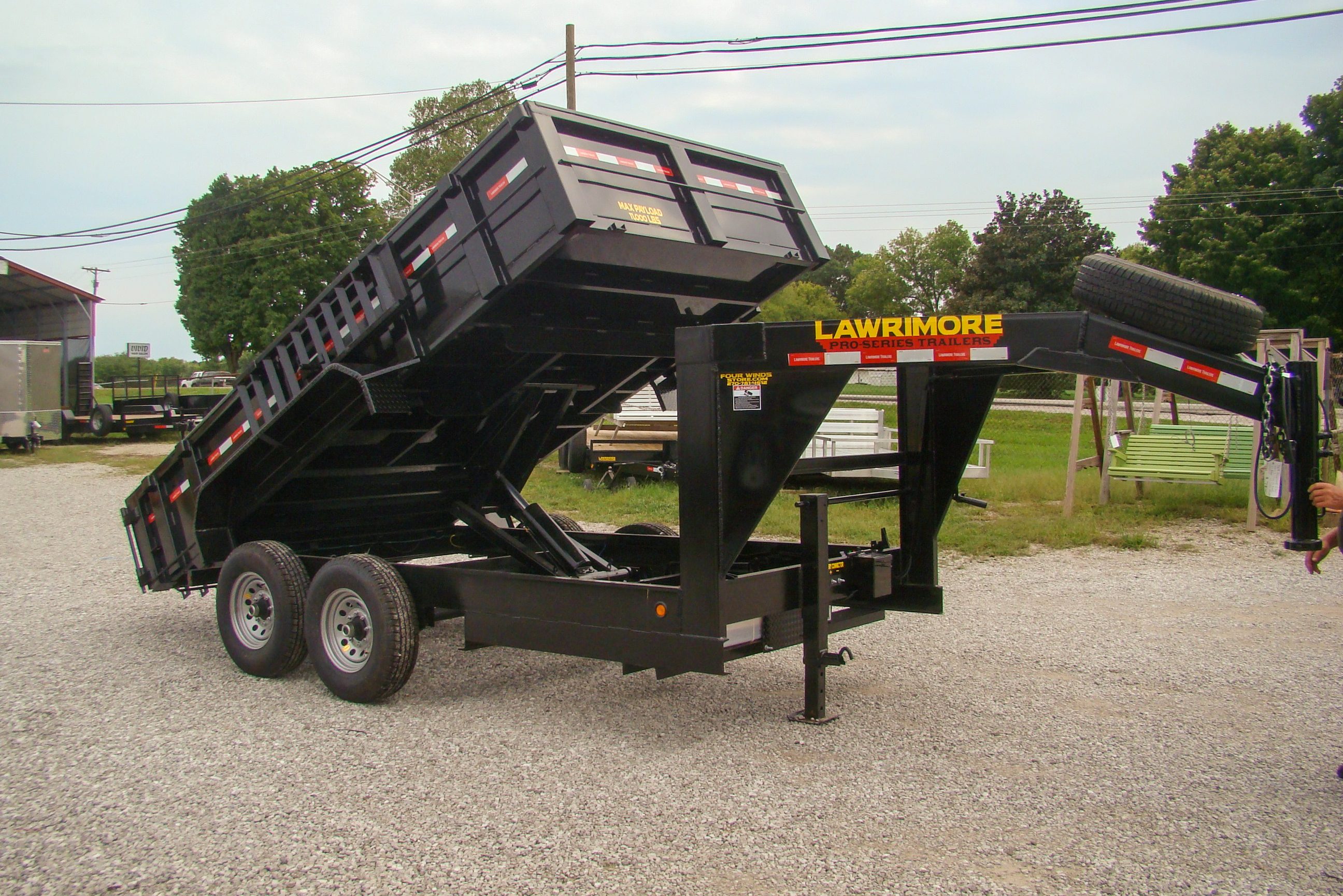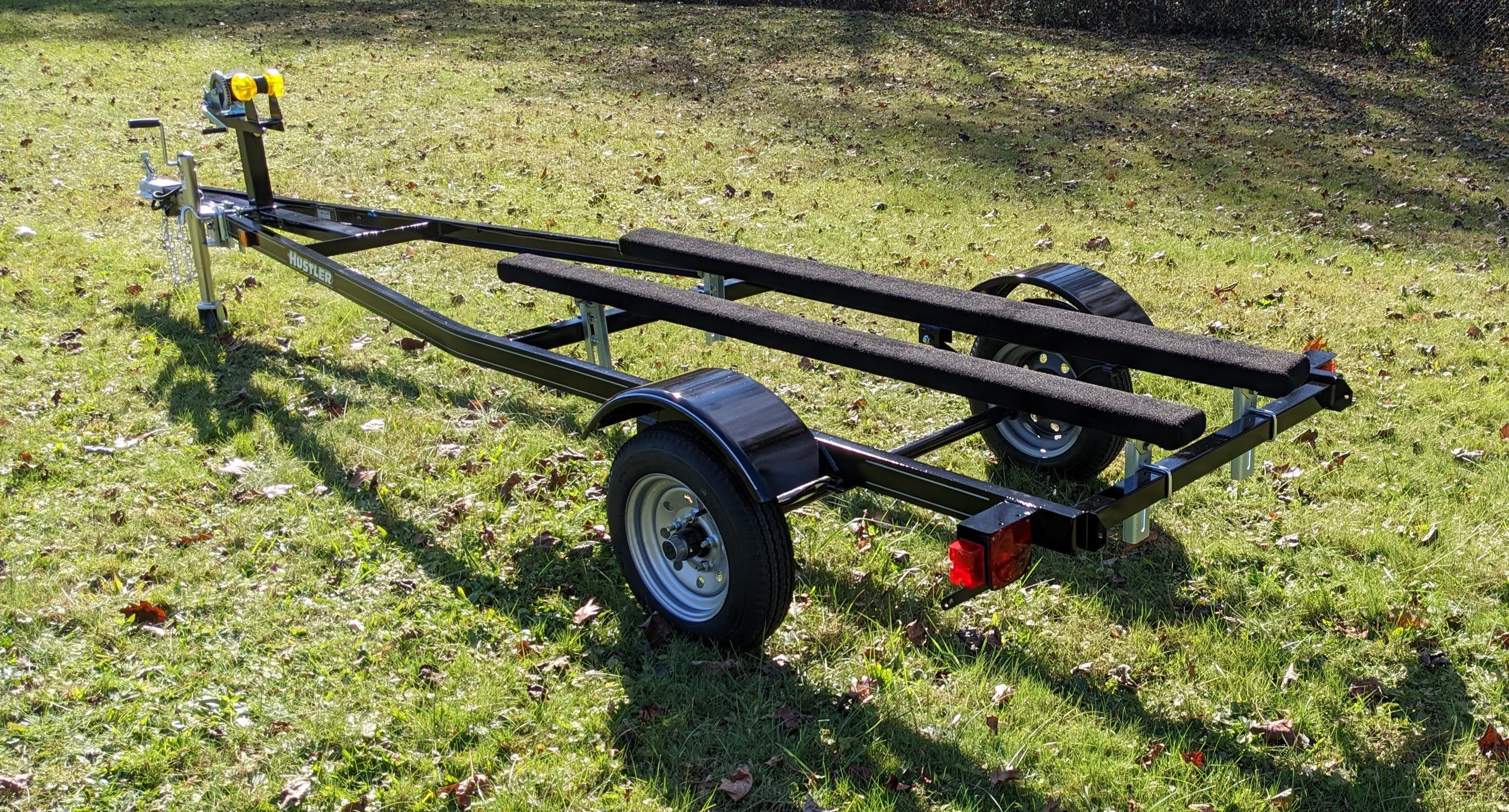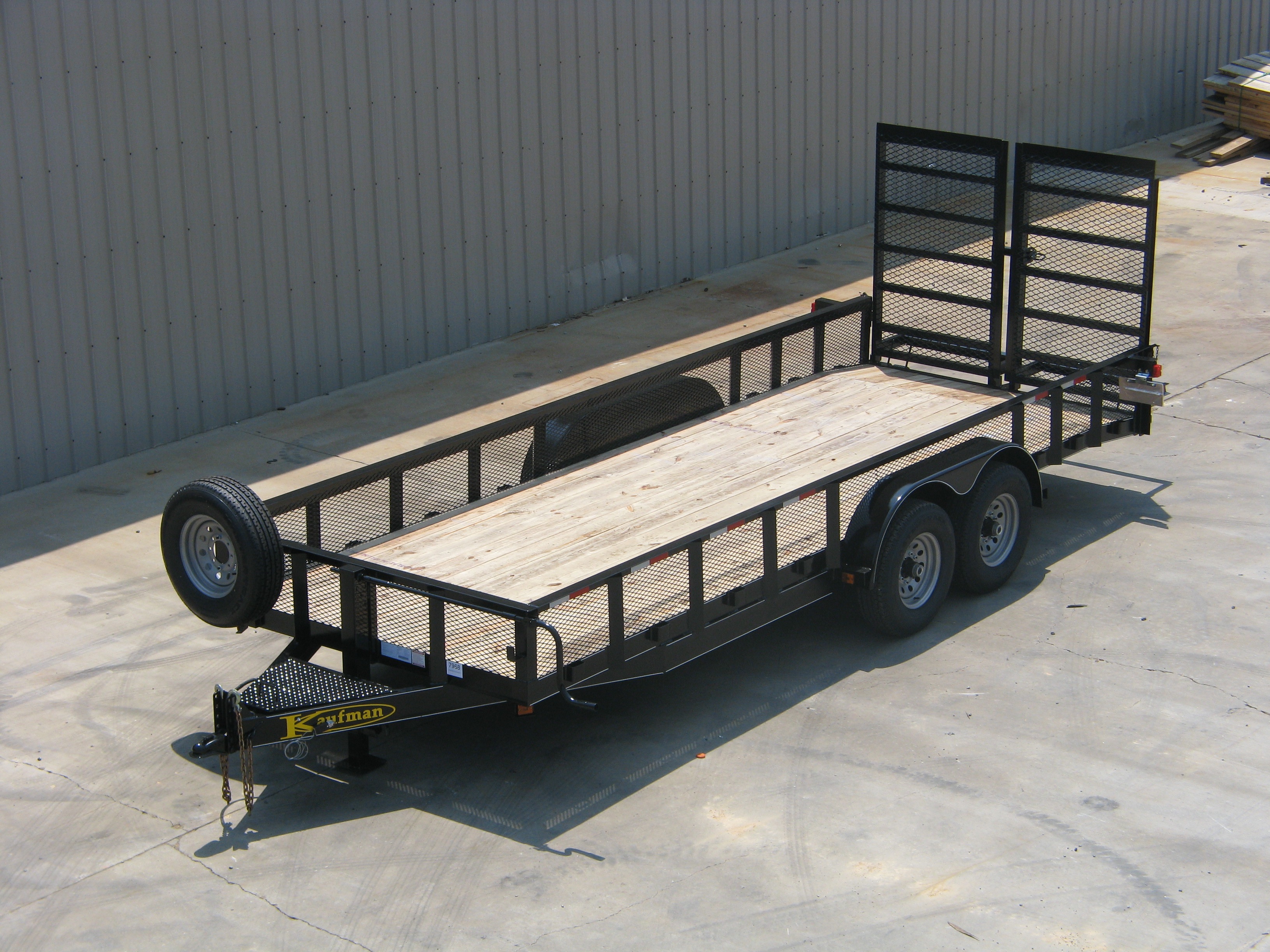When it comes to towing trailers, safety should always be a top priority. One often-overlooked aspect of trailer safety is the effective management of lighting systems, particularly through the use of trailer light extension cables. These cables play a crucial role in ensuring that the lights on a trailer function properly, thereby enhancing visibility and communication between vehicles on the road. This article delves into the significance of trailer light extension cables, their benefits, and best practices for their use.
Understanding Trailer Light Extension Cables
Trailer light extension cables are designed to connect the electrical systems of towing vehicles and trailers. They ensure that the trailer’s lights—such as brake lights, turn signals, and running lights—operate in sync with the towing vehicle. Without these cables, the risk of accidents increases significantly due to lack of visibility and miscommunication on the road.
The Importance of Proper Lighting on Trailers

Proper lighting on trailers is not just a matter of compliance with legal regulations; it is also a matter of safety. Here are some reasons why maintaining effective trailer lighting is crucial:
- Visibility: Properly functioning lights increase the visibility of the trailer, especially at night or in adverse weather conditions.
- Communication: Lights communicate the intentions of the driver to other road users, reducing the risk of collisions.
- Legal Compliance: Many jurisdictions have strict laws regarding trailer lighting, and failure to comply can result in fines or penalties.
- Accident Prevention: A well-lit trailer is less likely to be involved in accidents, as it provides clear signals to other drivers.
The Risks of Using Inadequate or Damaged Cables
Using inadequate or damaged trailer light extension cables can lead to several serious issues:
- Electrical Failures: Damaged cables may result in electrical failures, causing lights to malfunction or not work at all.
- Increased Accident Risk: A malfunctioning light system can lead to miscommunication with other drivers, increasing the risk of accidents.
- Legal Penalties: Inadequate lighting systems can result in traffic stops and potential fines.
- Reduced Traction: In some cases, poor lighting may lead to reduced traction due to sudden braking by other drivers who may not see the trailer.
Choosing the Right Trailer Light Extension Cable
Selecting the appropriate trailer light extension cable is crucial for ensuring safety and functionality. Here are key factors to consider:
- Length: Choose a cable that is long enough to reach from the towing vehicle to the trailer without stretching or pulling.
- Gauge: The wire gauge affects the cable’s ability to handle electrical load. Thicker wires (lower gauge numbers) can handle more current without overheating.
- Connector Type: Make sure the connectors are compatible with both the towing vehicle and the trailer. Common types include 4-pin, 5-pin, and 7-pin connectors.
- Weather Resistance: Look for cables that are designed to withstand harsh weather conditions, as exposure to moisture can lead to corrosion and electrical failures.
Installation Best Practices

Proper installation of trailer light extension cables is essential for safety. Follow these best practices to ensure your cables are installed correctly:
- Inspect the Cables: Before installation, inspect cables for any signs of wear, frays, or damage.
- Secure Connections: Ensure that all connections are secure and tight to prevent electrical loss or shorts.
- Use Cable Ties: Use cable ties or clamps to secure excess cable length and prevent it from dragging on the road.
- Test the Lights: After installation, test the lights on both the towing vehicle and the trailer to ensure everything is functioning correctly.
Real-World Case Studies

To emphasize the importance of trailer light extension cables, consider the following case studies:
Case Study 1: The Importance of Compliance

In 2021, a towing company in Texas was fined $5,000 after an accident involving one of their trailers. The trailer’s brake lights were not functioning due to a damaged extension cable, leading to a collision with another vehicle. This incident highlights the importance of ensuring that all trailer lights are operational and compliant with regulations.
Case Study 2: Successful Accident Prevention

A recreational vehicle (RV) owner regularly towed a trailer for camping trips. After experiencing a near-miss due to malfunctioning lights, they decided to invest in a high-quality trailer light extension cable. Since then, they have reported significantly improved visibility and communication on the road, further confirming the importance of investing in good equipment.
Statistics on Trailer Accidents

According to the National Highway Traffic Safety Administration (NHTSA), in 2020, there were over 4,000 accidents involving trailers. Many of these accidents were attributed to inadequate lighting and signaling. Proper use of trailer light extension cables could potentially reduce these numbers significantly.
Trailer light extension cables are an essential component of safe towing practices. They not only ensure that your trailer’s lights function properly but also enhance visibility and communication on the road. By choosing the right cables, installing them correctly, and following best practices for maintenance, you can significantly reduce the risk of accidents and legal issues.
In summary, prioritizing safety through effective lighting and proper cable management is vital for anyone who tows a trailer. The small investment in quality trailer light extension cables can lead to greater peace of mind and safer travels. Remember: a well-lit trailer is a safe trailer.


